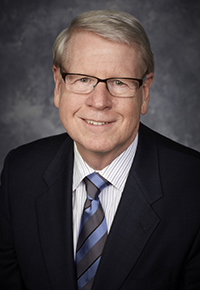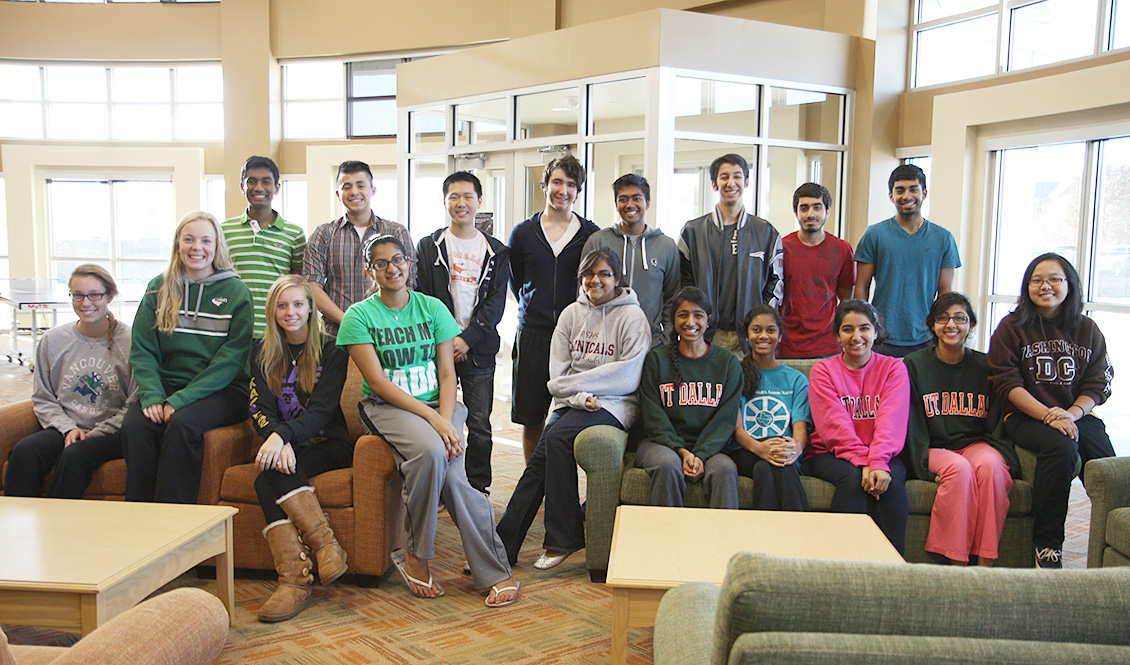More than half the counties in Texas desperately need health care professionals, especially physicians, according to recent federal statistics. The state must move urgently to add hundreds of doctors to serve a fast-growing population.
But the cost of medical education and training is very high, in terms of both time and money. Medical students typically spend four years in college, another four years in medical school, and three to eight years in residency. The prospect of medical school debt can be discouraging for many talented students, considering the national average debt for a medical student is about $167,000.

Dr. David E. Daniel
What if Texas students could shorten the process, thereby reducing the financial burden while receiving a medical degree?
That is one of the issues addressed through The University of Texas System's innovative Transformation In Medical Education (TIME) program. It's a bold proposal that links medical schools with four-year colleges throughout the UT System in an effort to better prepare students for careers in 21st century medicine.
This fall, 21 UT Dallas freshmen formed the inaugural class in a TIME pilot program called the UT Partnership in Advancing Clinical Transition (UT PACT). The collaborative effort pairs UT Dallas with UT Southwestern Medical School to provide an accelerated, optimized pathway for Texas residents to receive both a baccalaureate and a medical degree in seven years, reducing the time it takes to become a doctor and ultimately reducing the financial cost.
UT PACT is not just about producing new physicians faster. It's about creating better doctors, better-prepared health care providers, better professionals and better performers. A new undergraduate curriculum includes basic science courses that incorporate clinical relevance.
For the trailblazing students in this new endeavor, instruction with medical school faculty begins in the summer following the freshman year. They have clinical experiences where they gain meaningful exposure to patients. Support and mentorship throughout the experience help them build and develop their professional identities and maintain their focus on professional values and patient-centered care.
With grounding from an enhanced curriculum that includes courses in medical ethics, culture and medicine, public health, bioengineering and advanced communication skills, graduates will reach a level of preparedness not previously seen for entering medical students.
This synergistic educational partnership between UT Dallas and UT Southwestern builds on the fruitful relationship our two institutions have enjoyed for many years, including research collaborations at the interface of technology and biology that have resulted in promising new leads for medical care.
Combining a streamlined curriculum, rigorous clinical experience and positive role models, UT PACT will create the opportunity for a truly revolutionary advance in training health care professionals for Texas and the nation. I am proud that our students will help blaze this trail.

Shown are 18 of the 21 freshmen who are members of the inaugural class for the UT Partnership in Advancing Clinical Transition (UT PACT).